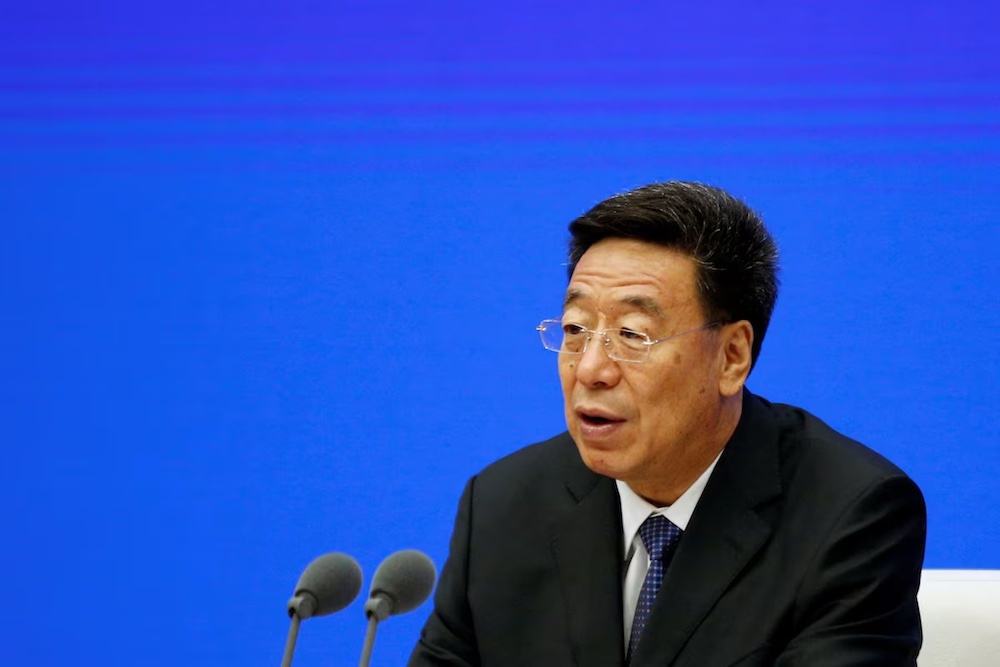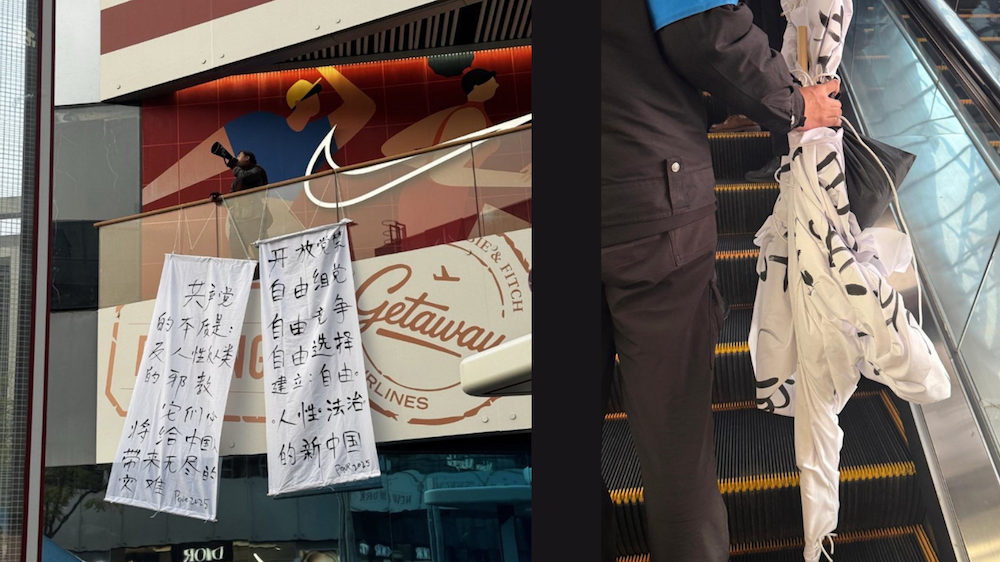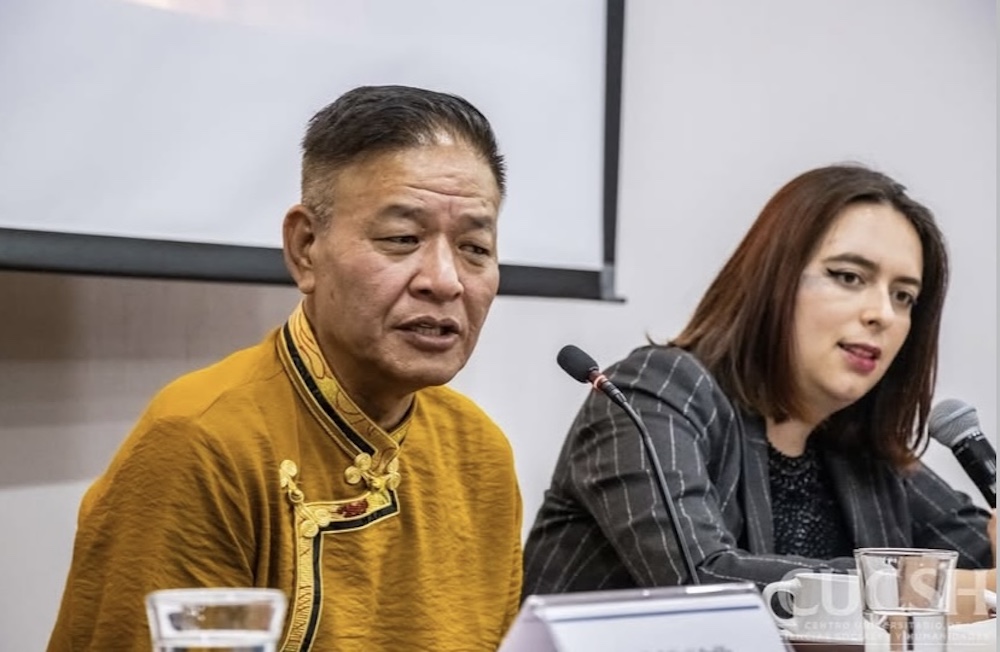By Tsering Dhundup
DHARAMSHALA, July 16 : Wu Yingjie, the former Communist Party Secretary of the so-called Tibet Autonomous Region (TAR), has been sentenced to death with a two-year reprieve by a Beijing court on Wednesday after being found guilty of accepting over 343 million yuan (approximately USD 47.78 million) in bribes, according to Chinese state broadcaster CCTV.
The 67-year-old former official pleaded guilty earlier this year in March. Prosecutors said Wu exploited his various positions of authority from 2006 to 2021 to offer illegal business favours and influence project contracts in exchange for massive bribes. The Intermediate People’s Court in Beijing characterised Wu’s offences as “particularly serious,” warranting the death sentence, though it was suspended—a formality in China that usually translates into life imprisonment without parole.
Wu’s conviction marks one of the most high-profile cases in President Xi Jinping’s anti-corruption campaign, now a central pillar of his governance strategy. However, international critics and rights observers have long argued that such crackdowns are selectively enforced, often wielded as tools to eliminate political rivals and reinforce the Party’s authoritarian grip rather than introduce meaningful reform.
Born in Shandong province in December 1956, Wu relocated to Tibet as a child during the Cultural Revolution. A graduate of Tibet Minzu University, he built his entire career within the region’s bureaucratic apparatus, primarily in the education sector. In 2016, he was appointed party secretary of the TAR, a post he held until his retirement in 2021.
Wu’s tenure in Tibet was widely condemned by human rights organisations for intensifying surveillance, criminalising expressions of Tibetan religious and cultural identity, and expanding Beijing’s authoritarian control over the region. Policies under his leadership included increased suppression of the Tibetan language, tighter restrictions on Buddhist monastic life, and the expansion of so-called “re-education” programs.
In December 2022, the United States Department of Treasury imposed sanctions on Wu under the Global Magnitsky Human Rights Accountability Act, citing his involvement in “serious human rights abuses” in Tibet. The sanctions targeted his assets and barred him and his immediate family from entering the U.S. Canada joined international censure two years later in December 2024, sanctioning Wu and seven other Chinese officials for their roles in human rights violations across Tibet and East Turkestan.
Wu’s fall began publicly on June 16, 2024, when China’s top anti-corruption watchdogs, the Central Commission for Discipline Inspection (CCDI) and the National Supervisory Commission, announced he was under investigation for “serious violations of laws and regulations.” Within weeks, he was stripped of his official posts, expelled from the Communist Party, and formally arrested in December by the Supreme People’s Procuratorate.
Observers note that endemic corruption remains a structural issue across Chinese-ruled Tibet, exacerbated by the lack of transparency, press freedom and independent oversight. While Xi Jinping’s anti-corruption campaign projects a tough image, critics say it primarily functions as a mechanism to consolidate power and silence dissent rather than address the systemic issues that enable corruption to flourish.










